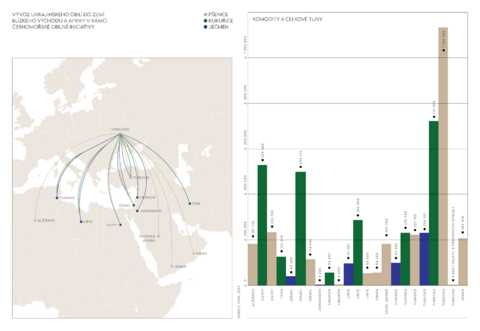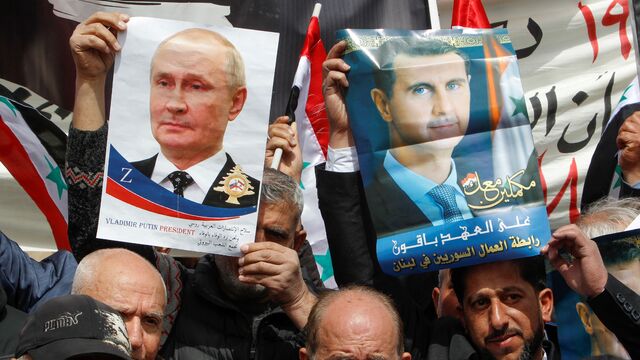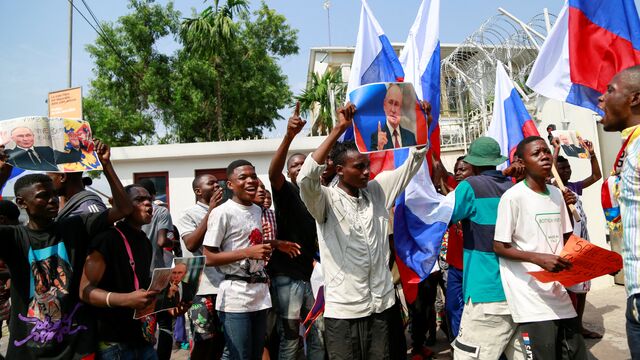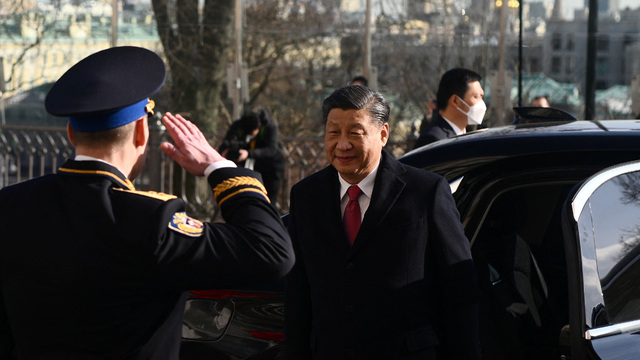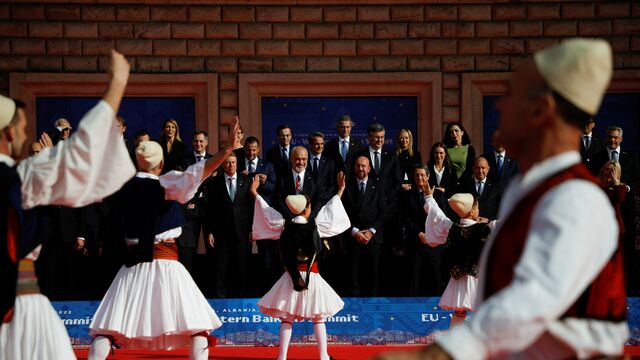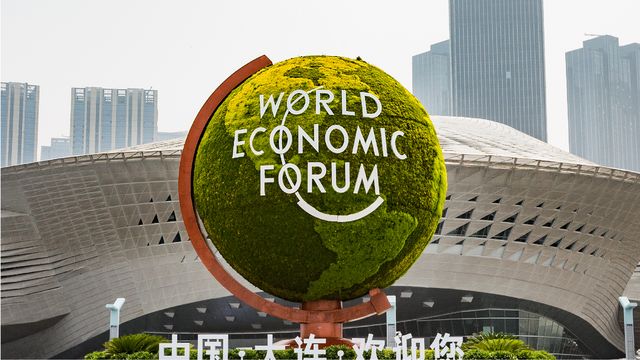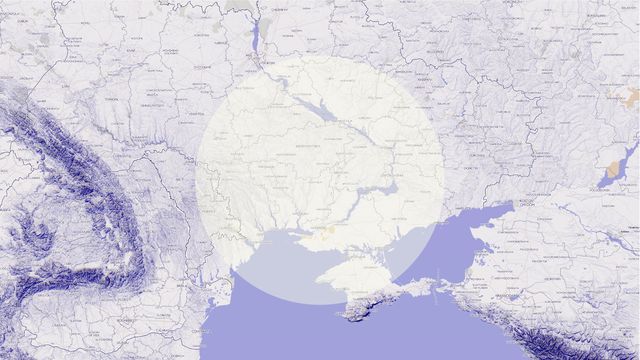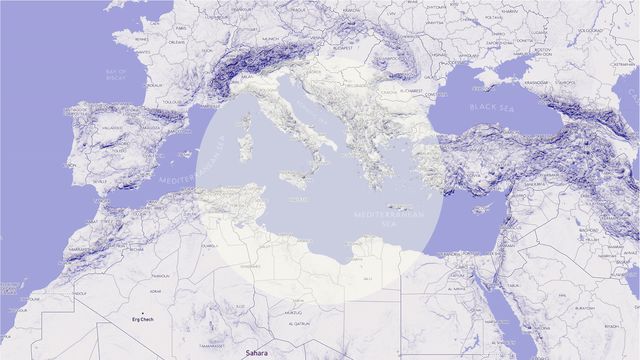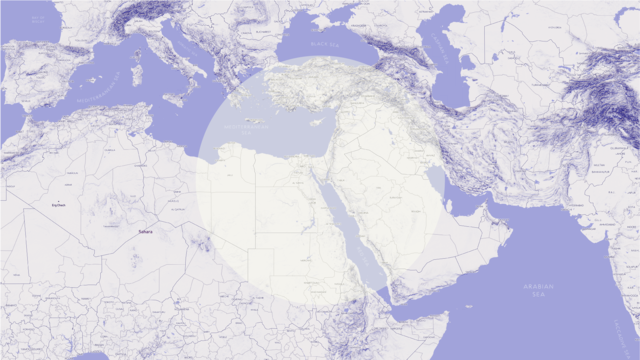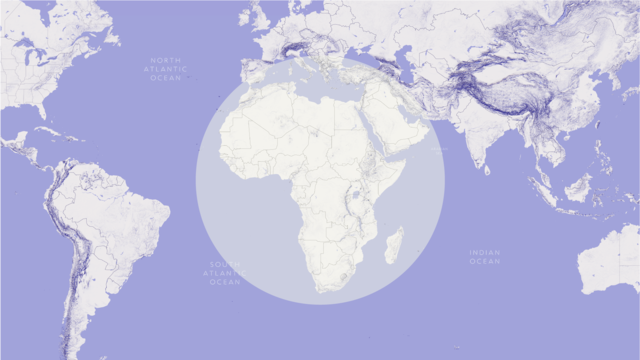Russia‘s War On Ukraine And The Food Security In The Middle East And North Africa
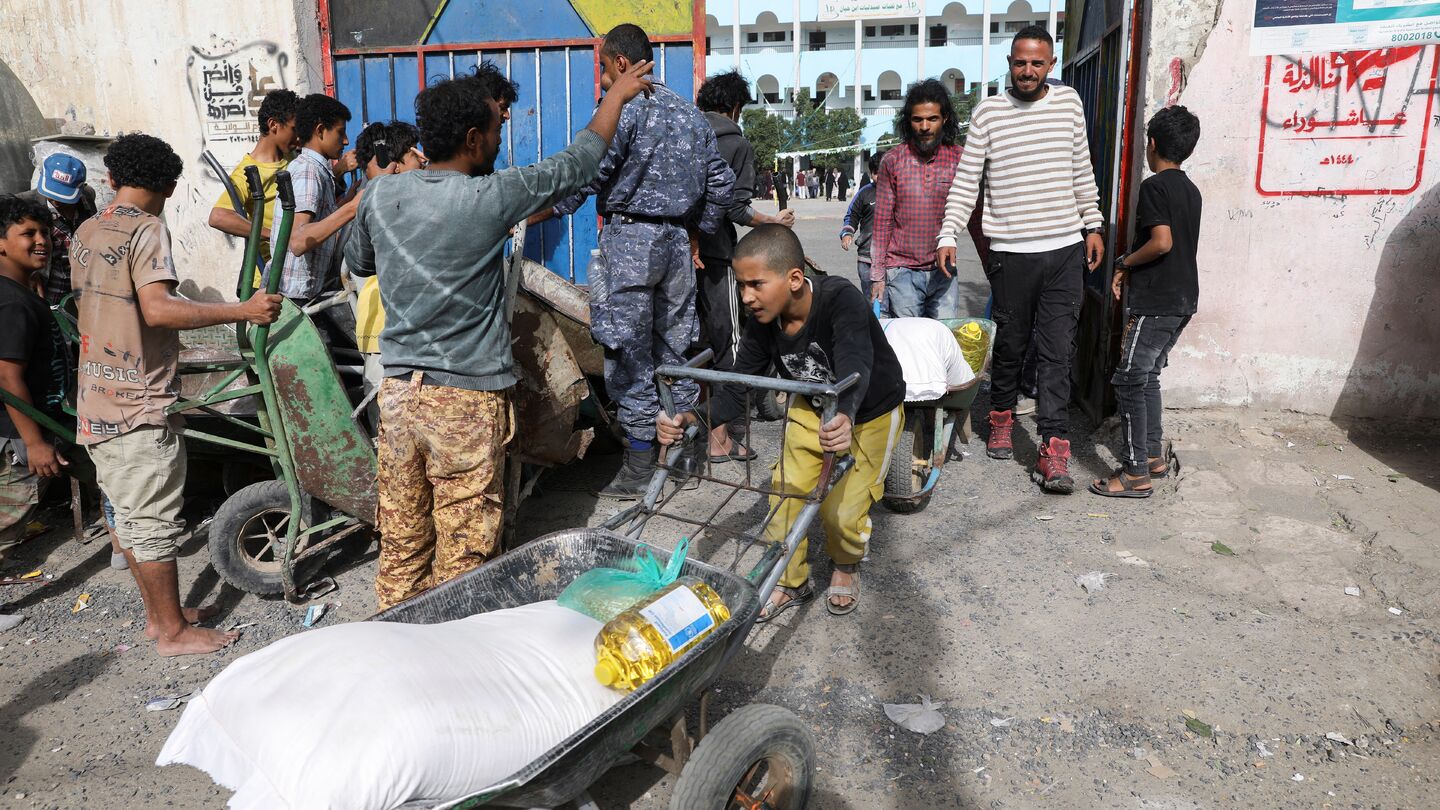
Clément Steuer has focused on the shifts in global food security since February 2022. What will be the implications for Czech humanitarian involvement?
The Russian war on Ukraine threatens global food security, especially in the Middle East and North Africa (MENA) region. This is a risk for the stability of the Southern and Eastern Mediterranean in the European neighborhood. The Czech Republic will be affected through its humanitarian involvement and economic exports in the region. However, this crisis has deeper roots, ranging from the economic marginalization of the agricultural sector in the region to climate change. In the near future, agricultural and environmental issues will have a more important place in the MENA politics. As such, they should be addressed by EU Member States as they may impact on their external trade, their humanitarian policy and possibly their security policy.
The Problem
The Russian war in Ukraine has increased stresses in the global food supply chain. This is threatening the food security of many countries in the world, especially those dependent upon the import of cereals. The surge in the price of fertilizers also affects the whole agricultural production and the rising energy costs have an impact on the imported goods. Despite the Russian-Ukrainian grain agreement signed last July, and the return of food prices to pre-war levels, the situation remains uncertain. The MENA region is the region most impacted by the current food crisis. According to the IMF Managing Director, Kristalina Georgieva, 141 million people across the Arab world were exposed to food insecurity in October 2022. The MENA countries are already dealing with a surge of cereal prices and shortages in essential goods. Even the countries less dependent on Black Sea imports, such as Algeria and Morocco, face an important increase of bread prices, which directly impacts state budgets through the subsidies. As shown by a recent Arab Research Centre for Political Studies (CAREP) report,1 the governments alternate between reassuring speeches and symbolic police operations targeting black market operators, to avoid creating a feeling of panic which would create shortages through a massive rush on the goods.
This situation would likely affect the stability in the region – as happened in the past. The 1980s’ hunger riots are still present in the Egyptian, Moroccan, and Tunisian collective memories. Also, the food price hike probably played a major role in triggering the Arab Spring in 2011. The Tunisian president Kais Saeed, who seized all the powers in July 2021 following days of riots and demonstrations all over the country, was already facing the same situation again in October 2022.
Indeed, food insecurity reinforces inequalities and social injustices. According to the last FAO report on the State of Food Security and Nutrition in the World,2 undernourishment most severely hits the most vulnerable demographics: women, rural populations, and people who have not received formal education. Syria and Yemen are the most affected countries in the region as a result of long civil wars and state weakness, compounding the humanitarian crisis their populations suffer. This aggravation of inequalities increases the risk of violent protests at a time when the states are weakened by the subsidized food price rise. A potential destabilization of the region would in turn reverberate significantly over the sea in Europe in terms of security (the weakening or, worse, the collapse of states would open new spaces for the development of jihadi militant groups) and in terms of migration caused by a food shortage and political turmoil. In addition, such a potential destabilization could offer China and Russia an opportunity to increase their influence in the region.
The Russian war in Ukraine has drastically aggravated the situation, but the problem has structural roots beyond the current crisis. At the global level, malnutrition and undernourishment were slightly but constantly decreasing until 2015. Since then, the prevalence of undernourishment jumped from 8 to 9.8% of the world population according to the FAO.3 The COVID-19 pandemic aggravated the situation, and the status quo was not fully restored in 2021. One of the underlying causes of the current crisis is the economic marginalization of the MENA agricultural sector, which was sacrificed for the benefits of industrial development and real estate speculation. Last but not least, the most important systemic cause of the food insecurity is climate change, which already affects the region, causing severe drought and water shortages.
Implications for the Czech Republic
Food security issues in the MENA will indirectly affect the Czech Republic through its involvement in the region (humanitarian assistance, external trade). Moreover, the whole EU would be impacted by a possible destabilization of its southern neighborhood (refugees, terrorism).
In June 2022, the Arab Coordination Group Food Security Initiative was created by a dozen Arab banks and investment funds, with a budget of USD 10 billion. It finances the governments so that they would be able to cover the import costs of basic commodities, and supports projects to ensure long term food security. The same month, the World Bank approved a USD 500 million loan to the Egyptian government to ensure access to bread for everyone in the country and support reforms in food securities policies. The EU addressed the issue as well last year, both before and during the CZ PRES, using a range of different tools. It created “solidarity lanes” as alternative logistic routes to the Black Sea market. It also furnished emergency relief through the EUR 7.7 billion allocated for food security for 2021–2024. The EU Member States also supported international initiatives such as the Black Sea Grain Initiative (UN) and the Food Agriculture Resilience Mission (a France and World Fund Programme).
Moreover, the Czech Republic has been active in the domain of humanitarian aid in the region, especially in Syria and Iraq, and participates in the construction of infrastructures in the refugee camps (in Jordan and Lebanon). CZK 300 million has been allocated to its Reconstruction Programme for the Middle East for the period 2022–2024. The Czech Republic is also involved in the region through its Programme of Activities for Supporting Source and Transit Countries of Migration in Africa. Lastly, food security issues will likely have implications for the Czech investments in the MENA. Egypt is traditionally one of the Czech Republic’s main partners in the region in terms of receiving Czech economic exports. Yet during the past decade, the Czech Republic extended its economic activities also into the Arabian Peninsula, Morocco, Tunisia, Iran, Jordan and even Iraq and Syria.
Foresight
The current projections from the FAO indicate that 8% of the world population will still be facing hunger in 2030 – the same proportion as in 2015.6 Water scarcity will also likely increase in the MENA region during the coming decades.
The current crisis could push some countries of the region to move towards self-sufficiency, at least in goods considered as strategic (e.g. wheat). The notions of food security, self-sufficiency and food sovereignty will likely take on more importance in the public debate and even in the domestic politics of some MENA countries. At the same time, water scarcity may increase regional tensions – as is already the case between Egypt and Ethiopia – and could also aggravate territorial inequalities within some countries.
The attention of the international community and financial institutions in this domain will probably shift towards sustainable and low-resource methods of agriculture, with an increasing emphasis on a reform of dietary habits aiming at reducing greenhouse gas emissions. In this context, the development policies – especially in the agricultural domain – should become more important for Western countries in order to prevent instability.
The international community should also be prepared for the eventuality of more state failures in the region, in particular by increasing the support to vulnerable groups and displaced people. The counterterrorist cooperation with southern and eastern countries should be maintained and, if possible, strengthened to face the possibility of future threats linked to the weakening of state institutions.
- The Russian war in Ukraine threatens food security in the MENA region. This constitutes a risk for its stability, and potentially affects EU Member States, including the Czech Republic.
- MENA food security issues have deeper causes such as current agricultural policies and climate change. The EU and the Czech Republic should encourage the region’s local governments to address these causes to ensure stability in the region by supporting vulnerable groups, as well as a future policy shift toward sustainable agriculture and food sovereignty.
- The means of such support should include, above all, agricultural development policies (with a strong focus on the green transition and the reduction of the social and territorial imbalance as well as gender inequalities) and increased investment in humanitarian relief targeting displaced people.
The chapter was published in this year's annual publication "Svět v proměnách 2023: Analýzy ÚMV".
